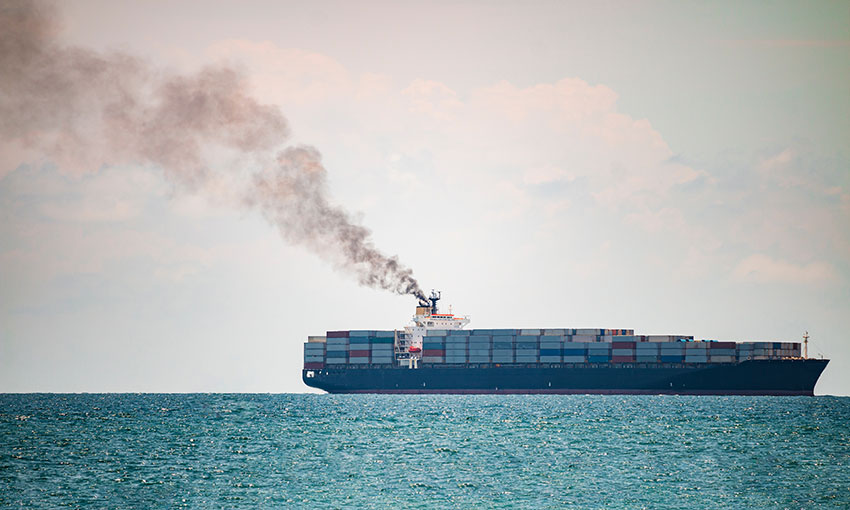THE INTENRATIONAL Maritime Organization provided input on challenges for maritime transport at a recent meeting of the United Nations Conference on Trade and Development.
The High-Level Segment of UNCTAD’s Trade and Development Board met for its seventieth session on 19 June.
The session focused on decarbonisation opportunities and challenges in the blue economy.
Harry Conway, chair of the IMO’s Marine Environment Protection Committee (MEPC) and Liberia’s representative to the IMO, provided input on challenges from maritime transport perspective.
He also shared an update on IMO’s work on decarbonisation, as IMO member states gear up to adopt a revised GHG strategy at the upcoming MEPC 80 session (3-7 July).
“The adoption of a 2023 Revised GHG Strategy would open up opportunities in the Blue Economy in general, and in particular for the international shipping sector,” Mr Conway said in his speaking note.
“It would require the availability of alternative fuels on the one hand, and building of new vessels using green technologies on the other.
“This will have significant impact on the global economy as a whole given that 80% plus of world trade relies on maritime transport.”
The IMO said it works closely with UNCTAD on decarbonisation matters, with UNCTAD providing relevant data and analysis on maritime trade and on port activity.
UNCTAD supports the work on the assessment of possible impacts on states of proposed IMO greenhouse gas reduction measures.
UNCTAD also provides detailed statistics on maritime transport, including the annual Review of Maritime Transport.

